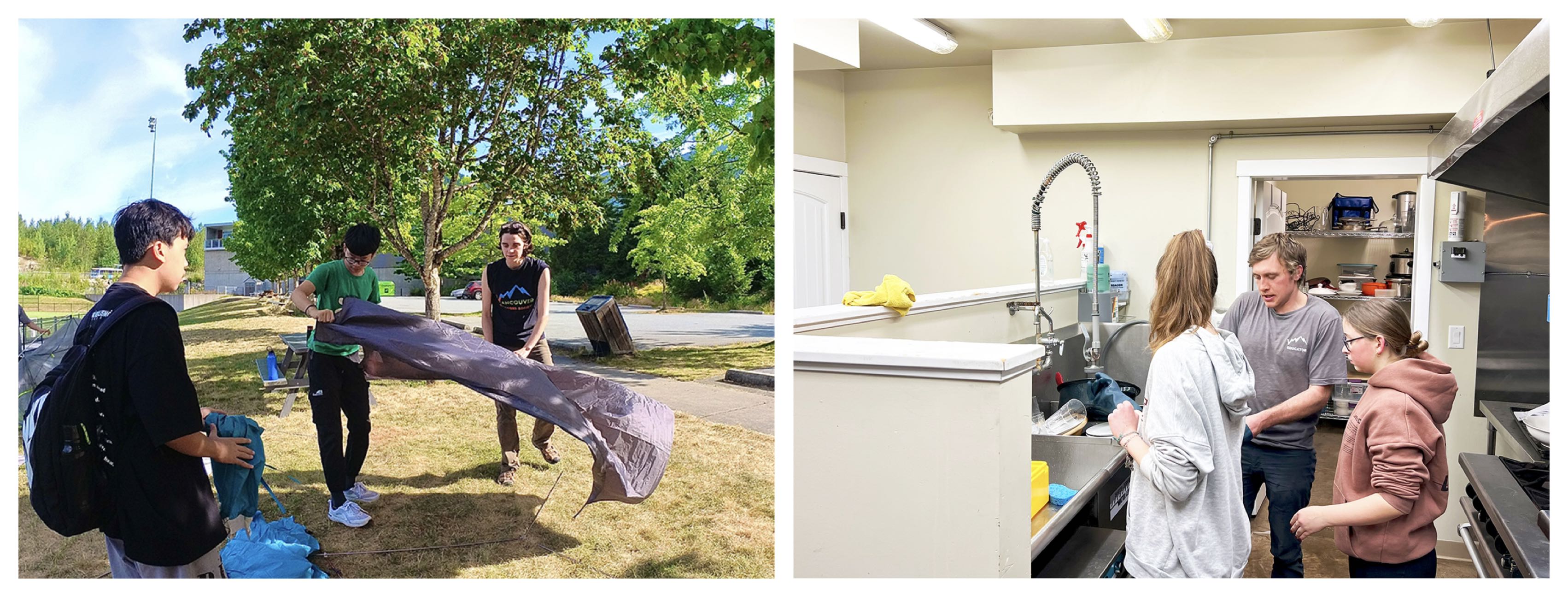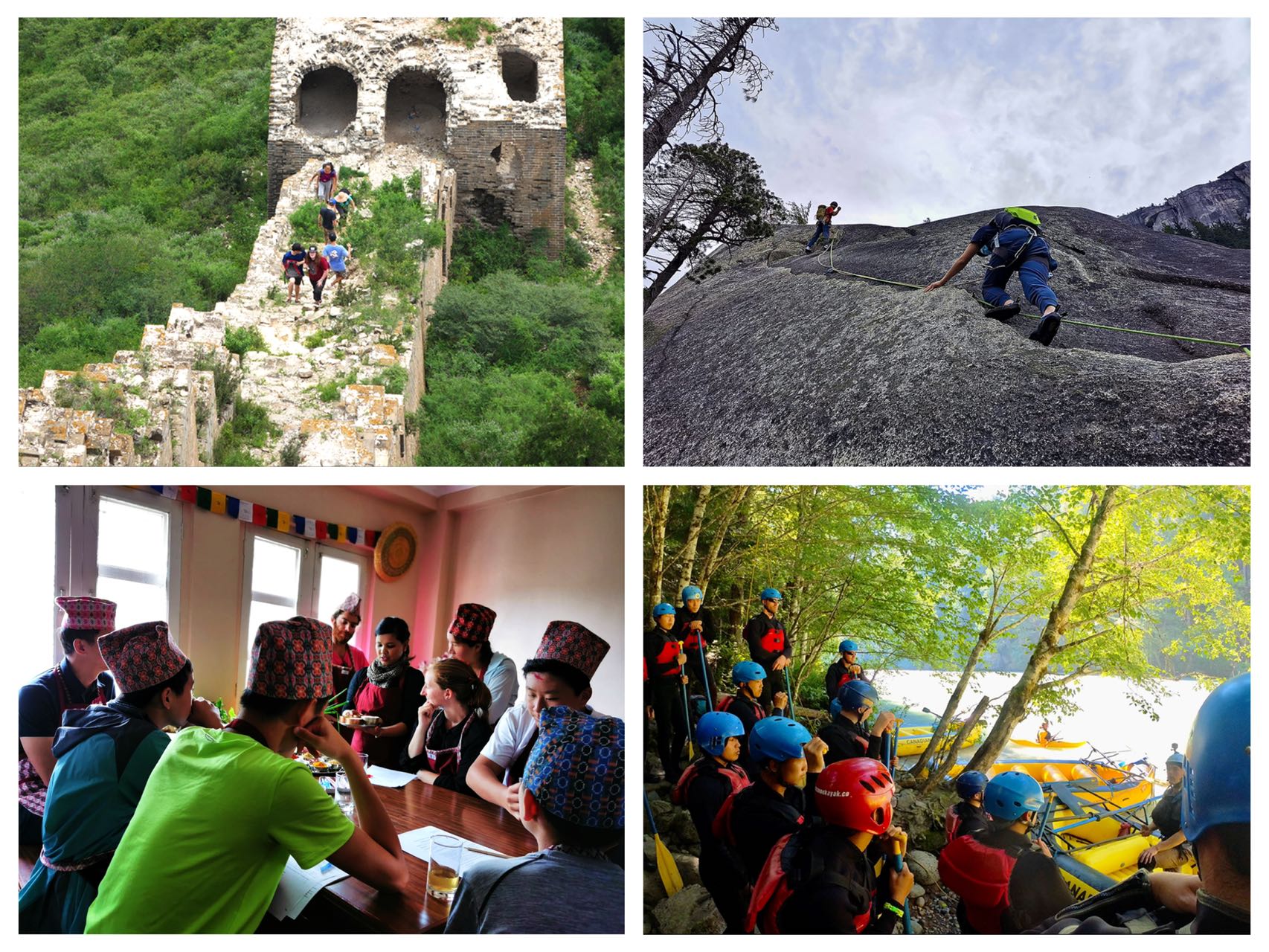Philosophy of PMA Curriculum
At PMA our many outdoor experiential education activities are integrated into the British Columbia curriculum classroom learning.
HIKING
At PMA we use hiking to teach many lessons from ecology to math. Hiking is simply walking in the wilderness which makes it a great medium to connect with our natural world and learn from it. On any given day we may go hike up a hill and calculate the rise and run of a slope, do plant identification, examine food webs, find materials for a new project, collect rocks for a geology lesson, push our bodies physically, find a quiet spot to write a poem or do a journal - all of these are examples of how we integrate hiking programs into classroom learning at PMA.
Program Components:
· some essentials, along with meal planning and preparation for all our trips, we teach:
· Leave No Trace Principles
· Emergency Preparedness
· Plant ID
· Science and Math outdoors
· Nature immersion
· Building resilience
· Weather observation

Additional activities we integrate into classroom instruction and student learning:
- rock climbing
- camping
- mountain biking and bicycle maintenance
- skiing
- canoeing
- snow camping
- dining out (en francais in Vancouver)
- visiting museums
- visiting local businesses
Once our PMA students become skilled and confident in trip safety, planning and understanding, we extend the distance and complexity of our experiential learning experiences - even going as far as planning and taking International Experiential Education Adventures to developing countries: for cultural exploration and humanitarian engagement.
